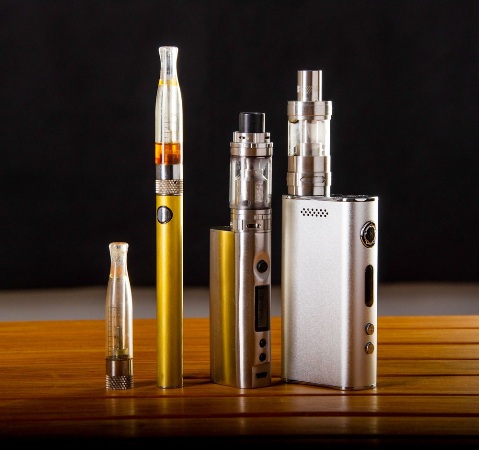
The global market for rheumatoid arthritis treatments is expected to grow at a CAGR of...
Learn More
Our consulting solutions address company specific challenges with respect to micro environment...
Learn More
Organizations frequently need day-today research guidancein order to gain strategic...
Learn More
Exploring different areas of market research and market analysis is a key factor...
Learn MoreAcute Market Reports presents the most extensive global business research services across industries. Our research studies focus on potential outcomes, benefits, and risks associated with each market segment across geographies. Having served our global clients for more than 10 years, our prime priority is to enable our clients in making well-informed business decisions through a data-driven, analytical, and uncomplicated research approach.
We provide access to the world's most comprehensive, analytical, and updated business intelligence services and solutions.




The E-cigarette and Vape market is expected to grow at a CAGR of 30.5% during the forecast period of 2025 to 2033, driven by evolving consumer preferences, technological advancements, and shifting regulatory landscapes. Regulatory uncertainties remai...
Read More
The battery-operated lights market is expected to experience a CAGR of 6.5% during the forecast period of 2025 to 2033, driven by the increasing demand for portable and convenient lighting solutions. Battery-operated lights are versatile and can be u...
Read More
The autonomous ride-sharing fleets market has been experiencing significant transformation, driven by advancements in autonomous vehicle technology and the growing demand for convenient, efficient transportation solutions. The autonomous ride-sharing...
Read More




